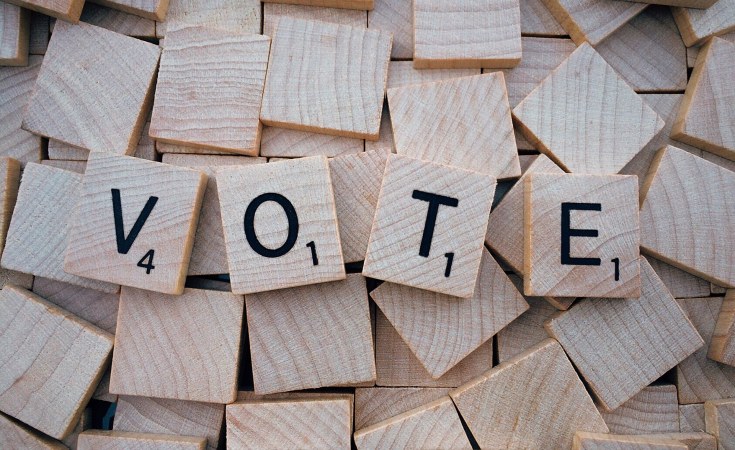The registration process deteriorated in the second week, according to the only civil society observer group, Mais Integridade. They report registration posts having to suspend of operations due to breakdowns and lack of materials increased to 26% compared to 20% in the first week. They found 18% of those registering did not receive their voters cards on the day of registration due to breakdown of printers, and prevalence of electoral offences. Their continue to be problems with cameras not taking adequate pictures, particularly of older people who are sometimes sent home without being registered.
Despite the ban on giving priority to some Frelimo groups, the observers report this continues in many places. Groups of teachers and others enter immediately without queuing. In several posts queueing citizens objected and the process was disrupted. In a few posts, there continue to be restrictions on journalists and observers.
There were some improvements. Mais Integridade notes that brigades are learning how to use the equipment, with the number of brigades still unable to use the equipment falling from 10% in the first week to 3% last week. But they are no faster. It is still taking seven minutes to process each voter, and in two-thirds of registration posts there are still unserved queues at 16h when the post close.
The law gives priority to pregnant women, mothers with babies, the elderly, and people with disabilities. In 16% of posts at least one of these groups is not given priority, which is an improvement from 21% in the first week. Pregnant women and mothers with babies are worst affected by lack of priority.
There was no improvement to access, with 17% of posts not accessible to people with disabilities.
The number registration posts with party monitors has increased; Frelimo was in 92%of posts, Renamo in 77% and MDM in 55%.
The full report is on https://bit.ly/Mais-In-2. Electoral Consortium "More Integrity" is composed of the Episcopal Commission for Justice and Peace (CEJP) of the Catholic Church, the Centre for Public Integrity (CIP), the Nucleus of Women's Associations of Zambezia (NAFEZA), Solidarity Moçambique (SoldMoz), the Civil Society Learning and Capacity Building Centre (CESC), the Mozambican Chapter of the Institute for Social Communication in Southern Africa (MISA Mozambique) and the Forum of Mozambican Associations of People with Disabilities (FAMOD).


